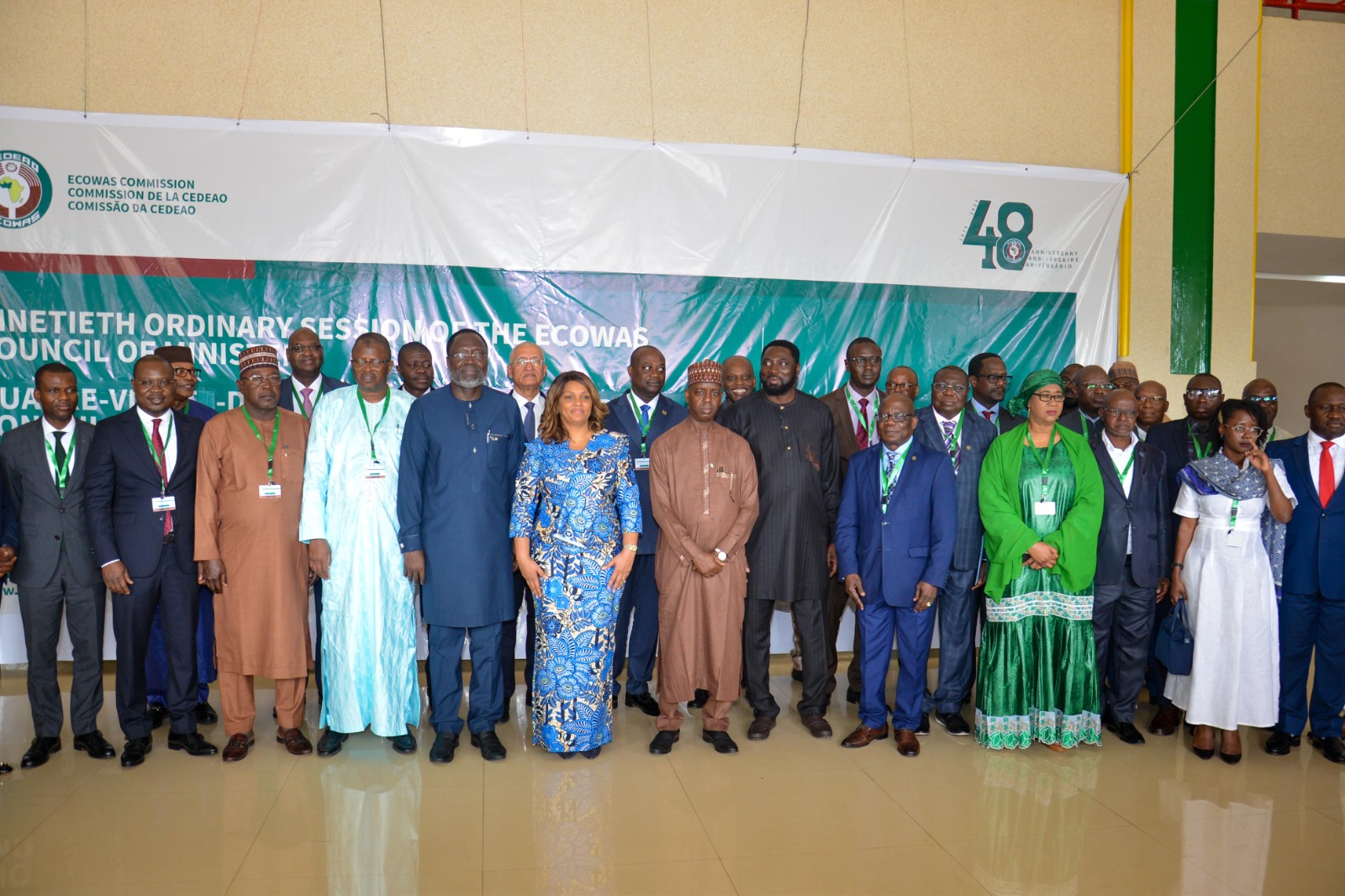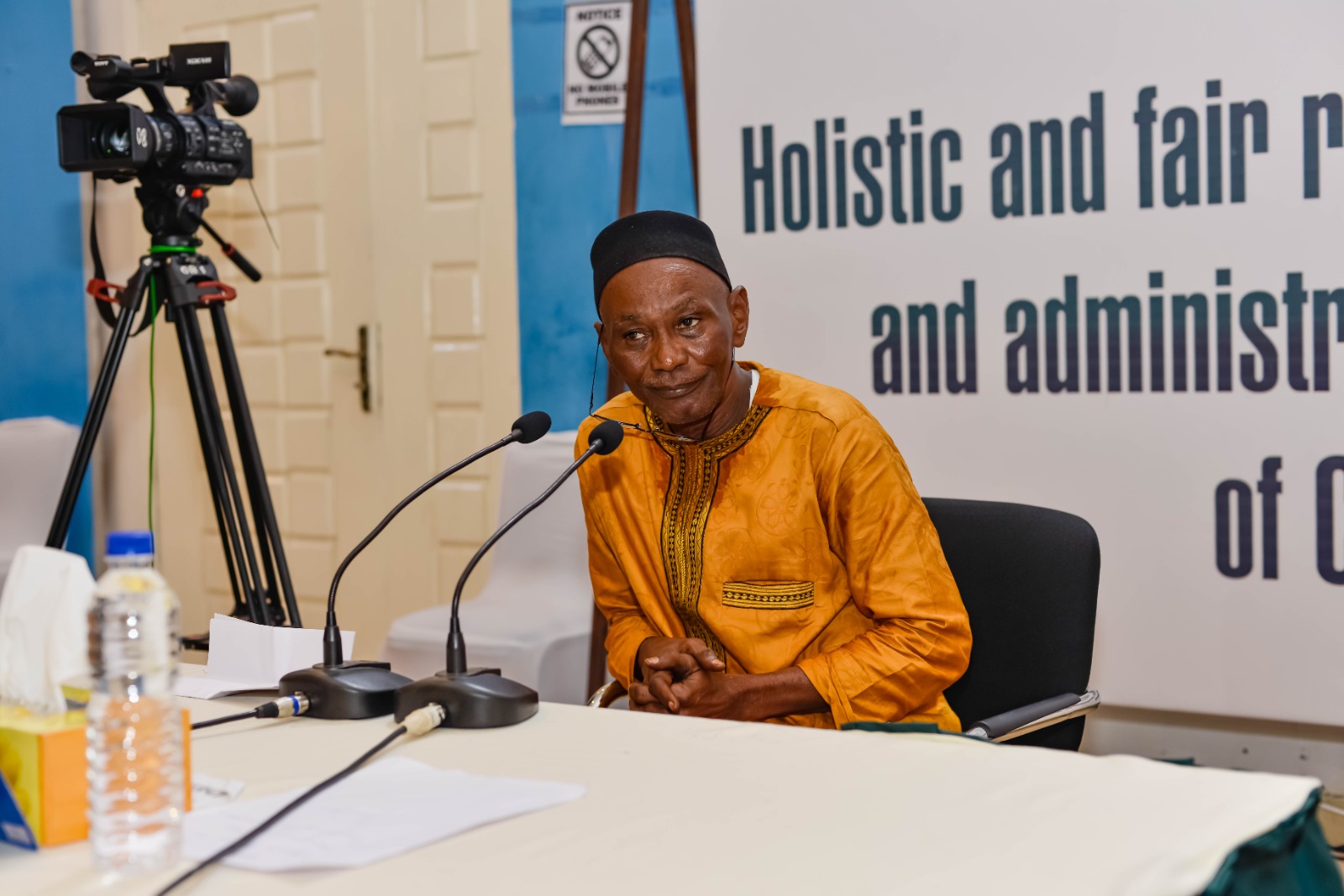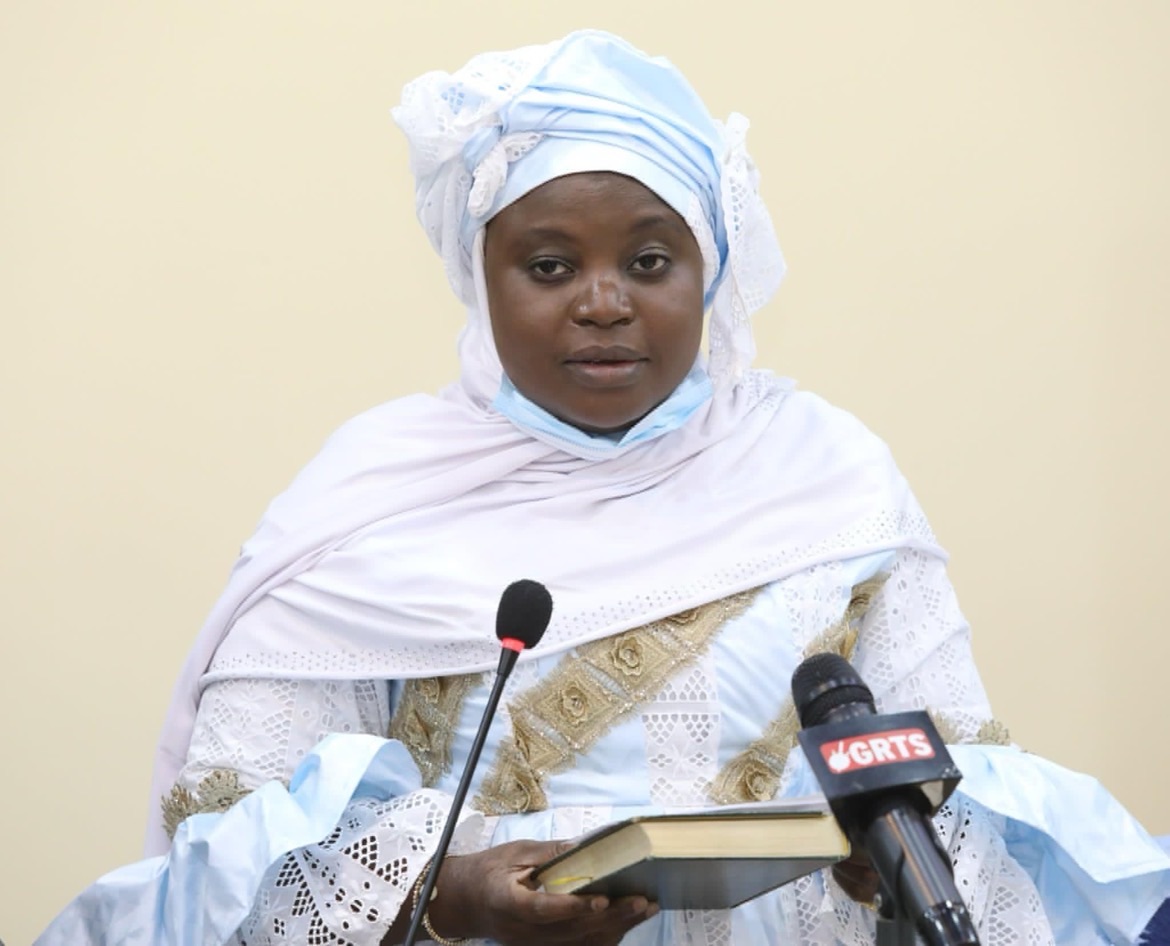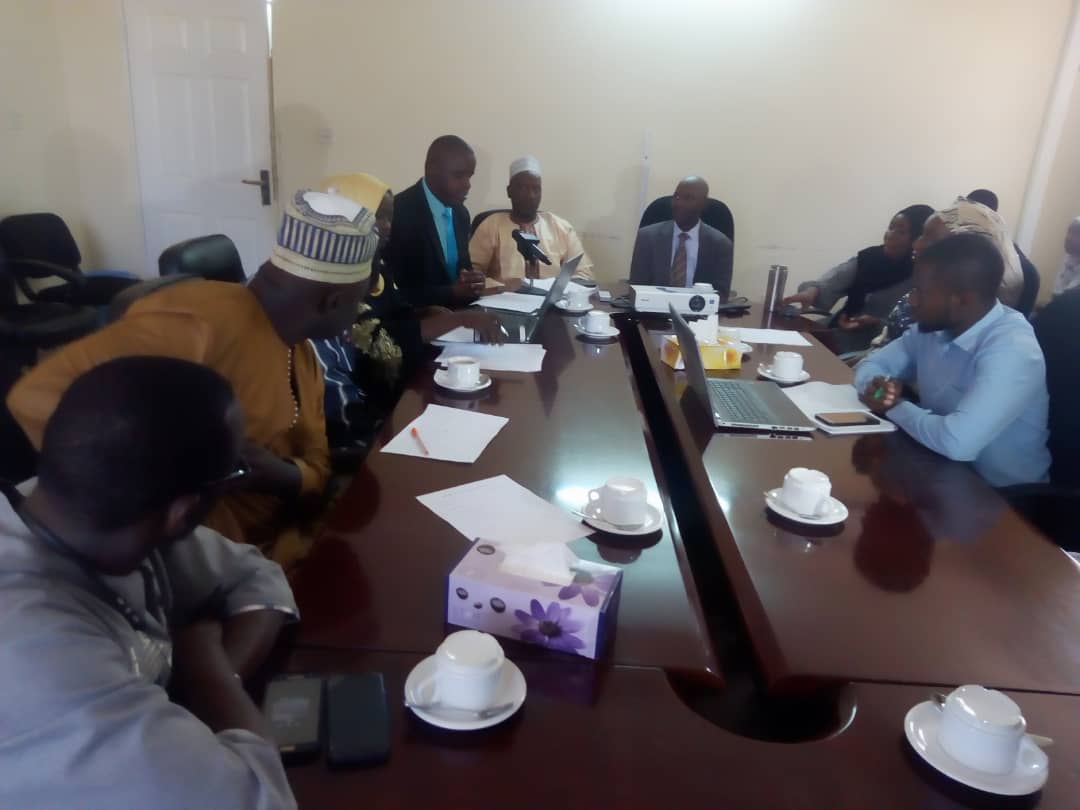The Ninetieth Ordinary Session of the Council of Ministers of the Economic Community of West African States (ECOWAS) has ended in Bissau, Guinea-Bissau, it was held from July 6 to 7 2023.
The Ministers considered the 2023 Interim Report on the State of the Community, the Financial Situation of the Community as well as the political and security situation in the Region, among others.
In his statement during the opening ceremony, H.E. Dr. Omar AlieuTouray, the President of the ECOWAS Commission, highlighted that the 2023 Interim Report on the State of the Community will provide a holistic assessment of the achievements, challenges, and opportunities of the Management as they work towards the realization of the regional integration agenda.
While welcoming the Ministers to Bissau in her opening remarks, H.E Suzi Carla Barbosa, the Chair of the ECOWAS Council of Ministers and Senior Minister of Foreign Affairs, International Cooperation, and Communities of the Republic of Guinea-Bissau, urged Council members to carefully analyse the Memoranda and Reports that will be presented at the meeting.
She noted that the items on the agenda are essentially aimed at promoting a more advanced, inclusive economic and trade integration conducive to human and social development from the African regional perspective. This she said will ensure peace and security, pluralistic democracy, good governance, and the rule of law for the welfare and prosperity of all the peoples and Member States of the Region.
The Ministers met ahead of the 63rd Ordinary Session of the Authority of ECOWAS Heads of State and Government, held on July 9, 2023, in Bissau, Guinea-Bissau.
In the same development, ECOWAS also held50th an Ordinary Session of its Mediation and Security Council (MSC) at Ministerial Level in Bissau with Regional Security and Humanitarian Issues on the Agenda
The Fiftieth Ordinary Session of the ECOWAS Mediation and Security Council (MSC) of the Ministerial level was held in Bissau, Guinea-Bissau recently.
H.E. Dr. Omar Alieu Touray, the President of the ECOWAS Commission, highlighted that the region is still confronted with various complex challenges that continue to threaten the Region’s peace and progress. President Touray stated despite these challenges, considerable progress has been made with the democratic transition process in countries like Burkina Faso, Guinea, and Mali toward the restoration of constitutional order.
President Touray reiterated that efforts are in top gear to operationalize the ECOWAS Standby Force (ESF) to combat terrorism and set up a regional force to restore constitutional order where they are threatened in the region.
While stating that conflict and insecurity have caused the displacement of more than two million people in the region, President Touray said several initiatives have been deployed to address food shortage and malnutrition. He urged Member States that have not yet keyed into the National Early Warning and Response Mechanism (NEWRM) to do so to prevent attendant consequences of climate disasters in the region.
In her statement, H.E. Ms. Suzi Carla Barbosa, the Chair of the ECOWAS Mediation and Security Council and Senior Minister of Foreign Affairs, International Cooperation, and Communities of the Republic of Guinea-Bissau, said the Fiftieth Session of the Mediation and Security Council has a special significance as it is the first time that an event of this magnitude is being held in a Lusophone country.
She stated that members have the responsibility to monitor and demand respect for the ECOWAS mechanisms that guarantee the sustainability of the values of democracy and good governance, especially the Protocol relating to the Mechanism for Conflict Prevention, Management and Resolution, Peacekeeping and Security, and the Additional Protocol on Democracy and Good Governance, as well as the operability of the Early Warning System, both at the political level and in the prevention of human catastrophes.
Mrs. Suzi Barbosa noted the importance of mobilizing efforts around the financing and operationalization of the Counter-Terrorism Action Plan 2020-2024 and urged Member States to redouble national and community efforts to strengthen the resilience and adaptability of Member States, through proactive, urgent, and sustainable community policies.




